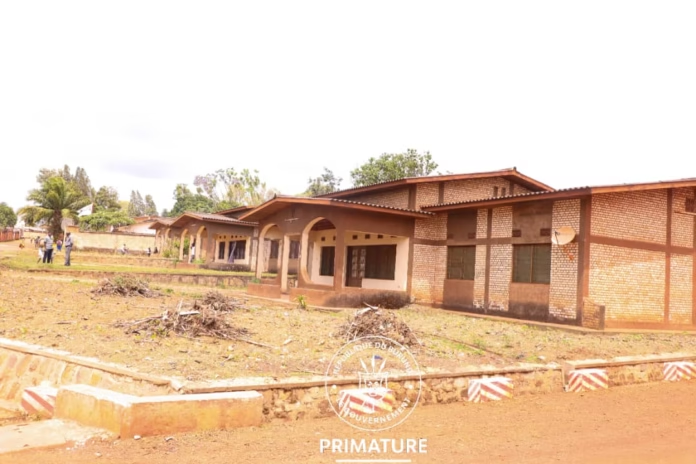Burundi’s Prime Minister, Nestor Ntahontuye, has condemned the widespread mismanagement and misuse of state-owned properties following a recent inspection across several provinces, calling for swift government action to restore accountability in public asset management.
During a field visit on November 3 to properties in Buhumuza Province which includes Cankuzo, Ruyigi and in Gitega, the Prime Minister observed numerous government houses that were either abandoned, rented out at symbolic rates, or converted for private use.
According to a statement from the Prime Minister’s Office, Ntahontuye “noted abandoned state owned houses, others rented at symbolic rates of 10,000 Burundian francs per month, and even villas rented for 50,000 francs per month.” Some properties, the statement added, “had been transformed into private hotels, often without contracts or with contracts that were out of the ordinary.”
“These irregularities show a clear discrepancy between the rent paid by tenants and the revenue actually received by the State,” Ntahontuye said, pledging to introduce new governmental directives to correct the situation. “The government will ensure that all state-owned properties are properly managed and that public assets truly serve the people’s needs,” he added.
The Prime Minister emphasized that the upcoming reforms will align property management with Burundi’s new administrative structure and prevent further exploitation of public resources.
Housing Costs Rising Nationwide
Rental and housing costs in Burundi have surged in recent years, according to the Burundi Times, which reported that housing rents increased by 224 percent year-over-year, reflecting a broader inflation crisis. Industry data show that in major urban centers, modest two-bedroom houses typically rent for 150,000 to 450,000 Burundian francs per month, depending on location and quality. These figures underscore the stark contrast with the symbolic rates observed by the Prime Minister — highlighting significant potential losses to the state.
No immediate disciplinary measures were announced, but the Prime Minister’s Office said that further investigations and a “governmental orientation” would follow to ensure compliance and accountability.



